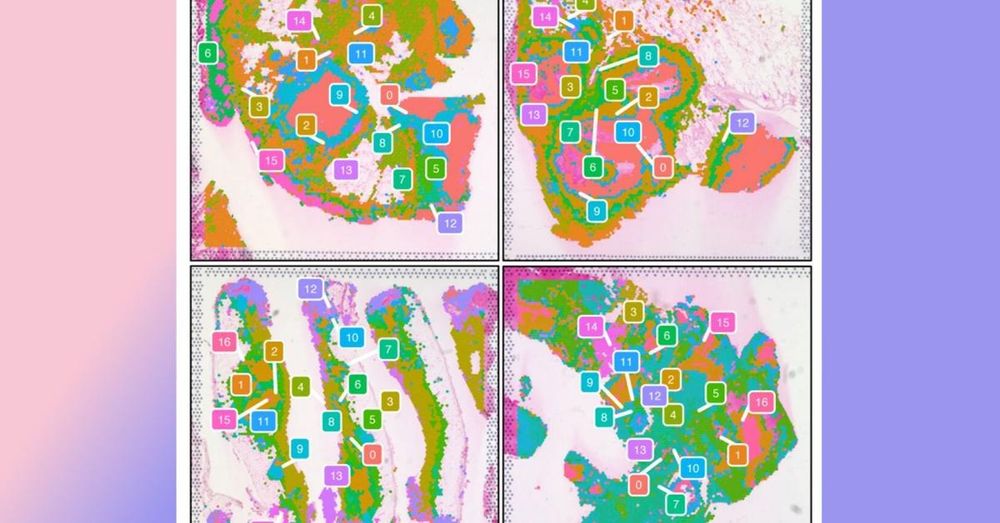The Gregory Lab @ DukeU
@gregorylab.bskyverified.social
460 followers
820 following
140 posts
The Gregory lab @DukeU studies disease mechanism using scRNAseq & spatial molecular technologies. Focus on brain tumors, Alzheimer's and MS 🧠 Home to the Molecular Genomics Core (MGC) - https://dmpi.duke.edu/cores/molecular-genomics-core-mgc
Posts
Media
Videos
Starter Packs
Pinned
Reposted by The Gregory Lab @ DukeU
Reposted by The Gregory Lab @ DukeU
Reposted by The Gregory Lab @ DukeU
Reposted by The Gregory Lab @ DukeU






























